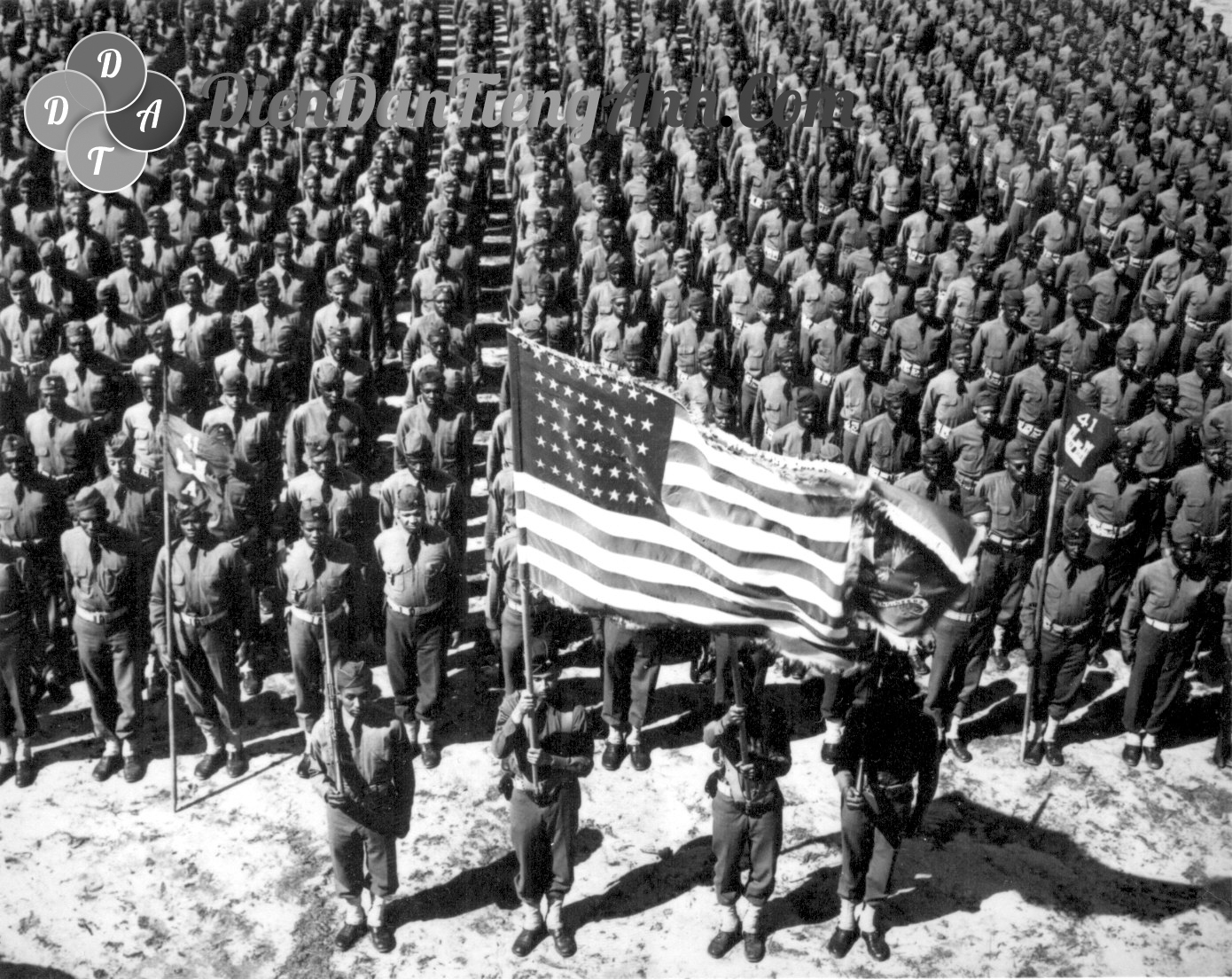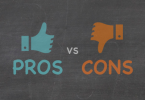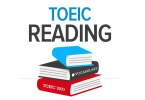TOEIC Reading: World War II
Chiến tranh thế giới thứ II là cuộc chiến lớn nhất trong lịch sử thế giới hiện đại giữa các cường quốc, cũng là cuộc chiến gây nhiều mất mát và đau thương nhất trong lịch sử thế giới hiện đại. Cùng đọc bài Reading ngắn tóm tắt về thế chiến II để biết thêm các bạn nhé!

World War II – İkinci Dünya Savaşı
World War II (WWII or WW2), also known as the Second World War, was a global war that lasted from 1939 to 1945. It involved the vast majority of the world’s nations—including all of the great powers—eventually forming two opposing military alliances: the Allies and the Axis.
It was the most widespread war in history, with more than 100 million people, from more than 30 different countries, serving in military units. In a state of “total war”, the major participants threw their entire economic, industrial, and scientific capabilities behind the war effort, erasing the distinction between civilian and military resources.
The war in Europe ended with an invasion of Germany by the Western Allies and the Soviet Unionculminating in the capture of Berlin by Soviet and Polish troops and the subsequent German unconditional surrender on 8 May 1945. Following the Potsdam Declaration by the Allies on 26 July 1945, the United States dropped atomic bombs on the Japanese cities of Hiroshima and Nagasaki on 6 August and 9 August respectively. With an invasion of the Japanese archipelago imminent, and the Soviet Union having declared war on Japan by invading Manchuria, Japan surrendered on 15 August 1945, ending the war in Asia and cementing the total victory of the Allies over the Axis.
World War II altered the political alignment and social structure of the world. The United Nations (UN) was established to foster international co-operation and prevent future conflicts. The great powers that were the victors of the war—the United States, the Soviet Union, China, the United Kingdom, and France—became the permanent members of the United Nations Security Council. The Soviet Union and the United States emerged as rival superpowers, setting the stage for the Cold War, which lasted for the next 46 years. Meanwhile, the influence of European great powers started to decline, while thedecolonisation of Asia and Africa began. Most countries whose industries had been damaged moved towards economic recovery. Political integration, especially in Europe, emerged as an effort to stabilise postwar relations and cooperate more effectively in the Cold War.
Vocabulary
- widespread: lan rộng
- participant: tham gia
- erase: xóa, xòa sổ
- culminate: đỉnh cao
- surrender: đầu hàng
- respectively: lần lượt là
- cement: xi măng
- alignment: điều chỉnh
- foster: thúc đầy, cổ vũ
- conflict: xung đột
- permanent: thường trực
- decline: giảm
- decolonisation: sự giải phóng thuộc địa
- recovery: phục hồi











Bình luận